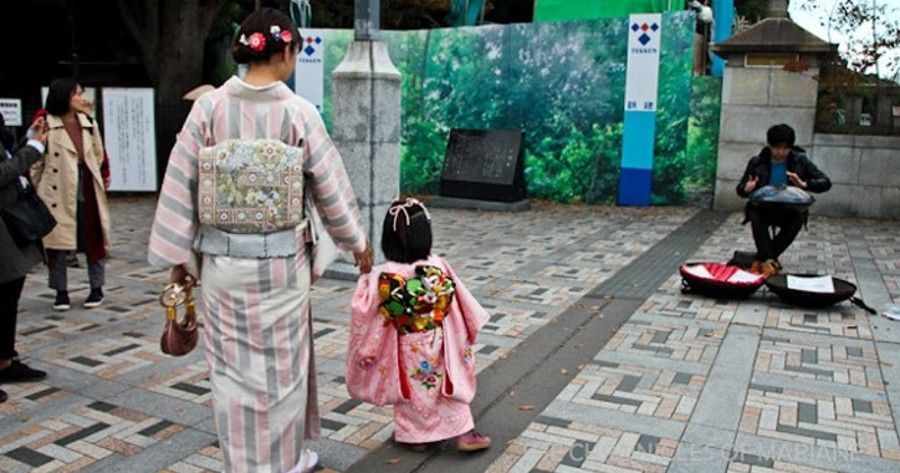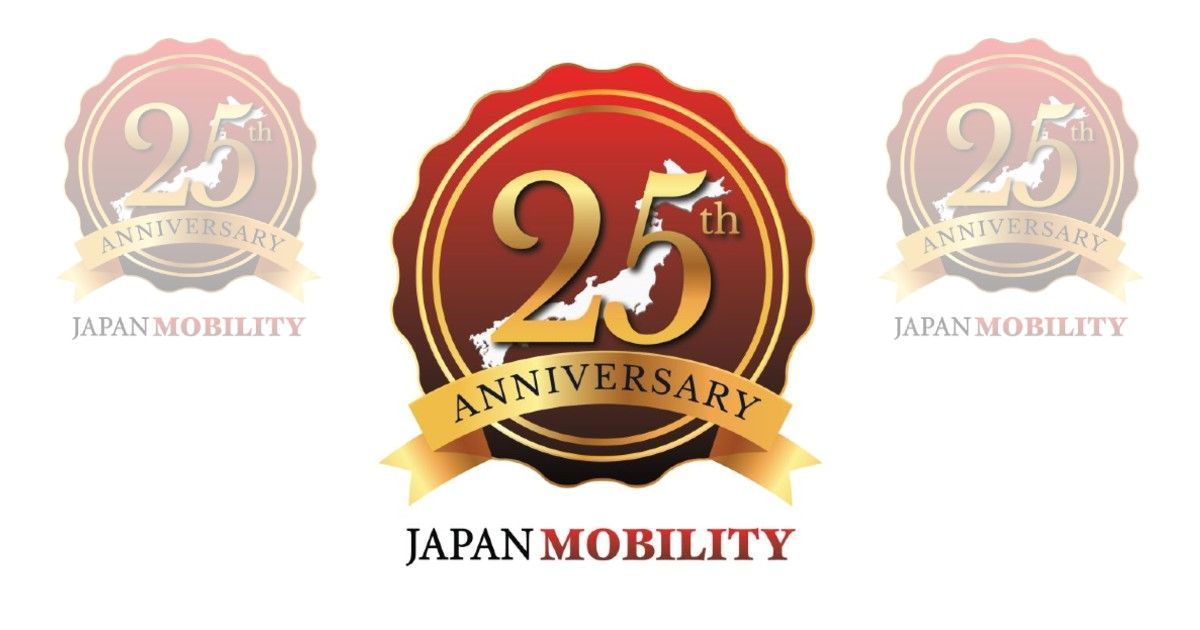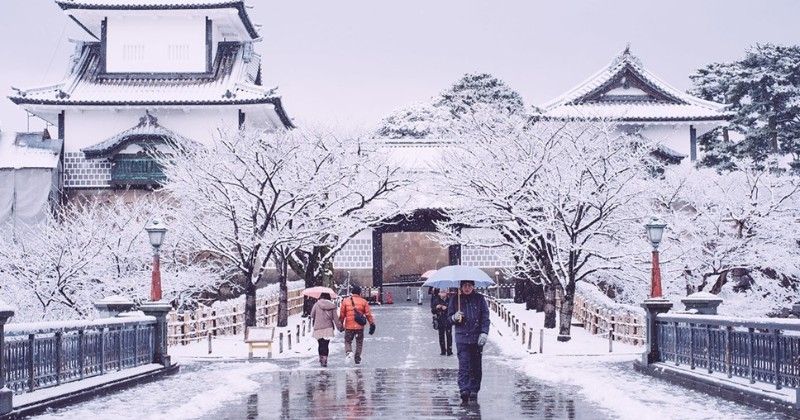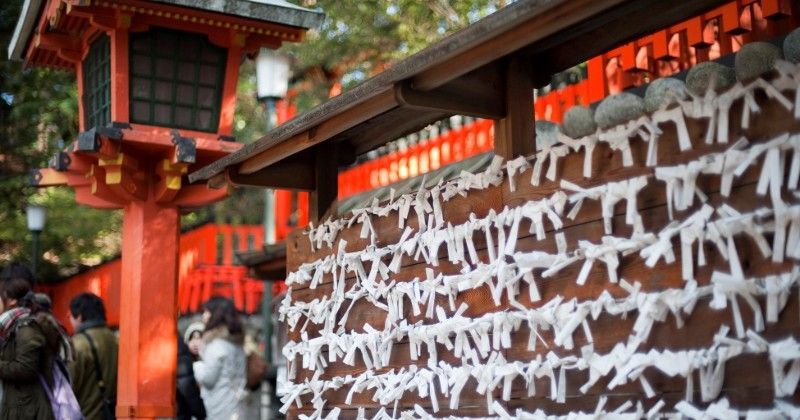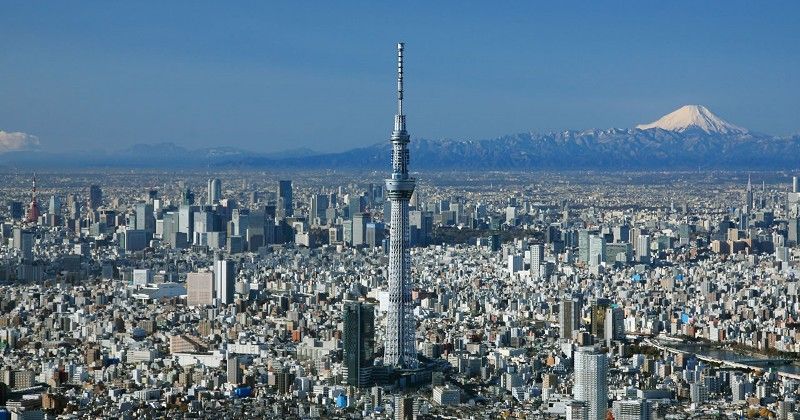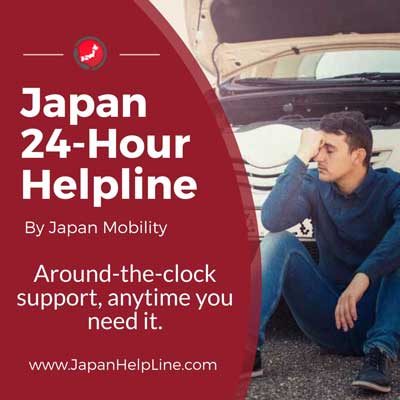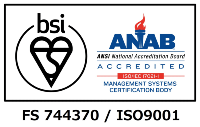Moving to Japan 101
Article originally published June 2020.
Updated November 2022.
A Guide for Expatriates in Japan
Konnichiwa! We’d like to talk to you about Japan. Many expats are attracted to Japan for various reasons, including superb sense of service, high performing schools, delicious food on nearly every corner and more. However, and as any other country, there are certain things you must do in Japan and certain things you must not do. Read on!
Before your Departure
Get your Visa early!
To give a rough indication of recent processing time, a standard work visa case submission takes about 2 to 3 months from the application date for a smooth standard case, and the processing time is usually shorter for cases where the sponsoring entity in Japan is a large or listed corporation.
Do not bring too much medication in your luggage
The 2-months supply rule applies to nearly everything… including regular medication, contact lenses and deodorant. If you need to bring prescription medication into Japan you will need a proof from your doctor on arrival if it’s allowed in the country at all– ask your embassy about the requirements before you leave.
Japan is extremely safe
Drug use, gun violence and homicide rates are all mercifully low here. The Global Peace Index 2017 ranked Japan as the 10th most crime-free nation on Earth, which is incredible for a country of 127 million people. Likewise, in the same year, the Economist named Tokyo the safest city in the world.
Tattoos are taboo
Tattoos are associated with crime in Japan and full-body tattoos are also worn by members of the Yakuza, Japan’s organized crime syndicate. Most importantly, anybody with a tattoo isn’t allowed in an onsen (public baths).
There are earthquakes
You will most likely experience at least one earthquake during your assignment, and the vast majority of them are mild with zero consequences; however, some terrible incidents have taken place in the country’s past. Fortunately the vast majority of urban buildings are earthquake-resistant.
After your Arrival
Register at your local ward office as early as possible
Armed with the residence card (received at the airport), passport and a copy of your new permanent address, head to your ward office where you register as a resident. Do this within two weeks (14 days) of arriving in Japan. Or wait for your permanent address if you haven’t received one yet and then register.
Get your Subway/Train pass as soon as possible
These are rechargeable cash cards that you swipe in and out of the station saving you the hassle of buying tickets each time. You can get them at any station and can use those at convenience stores and vending machines.
Convert your driver's license
If you will be in Japan for longer than one year, you will not be able to use an International Driving Permit after the first year. After one year (even if you go home and renew it) you will be considered to be "driving without a license". Depending on which country (or State) your original driver's license was issued, the conversion process can be simple (merely requiring a translation of your license) or require both a written and road test, the latter of which is notoriously difficult to pass without attending driving school. You may want to consider enlisting the assistance of professional Japanese driver's license conversion services.
Respect the unspoken rules
Firstly, don’t be too loud in public, especially on trains. If you’re travelling by rail, you should avoid phone calls, loud conversations and blowing your nose. People can’t achieve their Japanese tranquility if you’re nearby making a racket. Don’t leave a tip in restaurants unless you want to offend the staff. Always remove your shoes when you enter someone’s house. If you ever find yourself receiving someone’s business card, take it with two hands and then read it a bit before putting it away. Finally, loudly slurping your noodles is fine!
At the end of your assignment, before your departure from Japan
Get rid of your unwanted items
In Japan you’re not allowed to simply throw away furniture or large items: they need to be collected for a fee. So getting rid of things in other ways, like donating or selling them is preferred. If you have things that need to be trashed, call the city’s garbage collection service and arrange for a pick up.
Cancel your apartment contract
As soon as you know your departure date it’s a good idea to contact your landlord or house agency to cancel your lease. Usually you’ll need to give notice at least one month in advance, but check your rental contract. When leaving you should clean the apartment thoroughly. If you do a good job and there aren’t any damages you might get most of your deposit back.
Cancel utility bills and services
Electricity, gas, and water bills all need to be cancelled. Make sure to get the final bills and most importantly, make sure that you are available to pay them before leaving Japan. Some bills need to be paid in cash up-front and others might require you to leave some money in your bank account. Internet, cell phone contract, and other services you have had contracts for must also be canceled.
Lastly, make sure your Visa is still valid when arriving at the Airport!
General Information
Schooling in Japan
The basic school system in Japan is composed of elementary school (lasting six years), middle school (three years), high school (three years), and university (four years). Education is compulsory only for the nine years of elementary and middle school, but 98% of students go on to high school. The international schools in Japan are of very high standard, yet expensive.
Shopping in Japan
Shopping in Japan is usually a pleasant experience. The sales staff are generally polite, friendly and attentive, and great care is taken to provide a high level of customer service. Both domestic and foreign brands are represented, as are stores for all budgets, from the 100-yen shops to high-end fashion boutiques and department stores.
Real Estate trends
The country remains the region’s largest real-estate property investment market, and its fully documented, legal-recourse entrenched business climate continues to make it the prime choice for non-speculative, high-yield-rental-income-oriented investors worldwide.
More Articles
